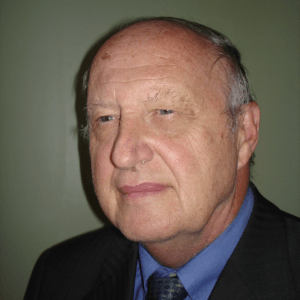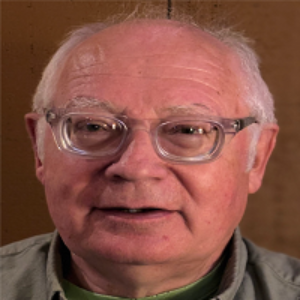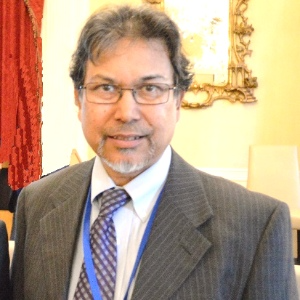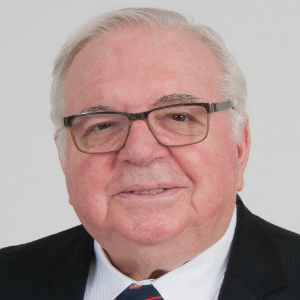Nanotoxicology is a multidisciplinary field that explores the potential risks and adverse effects associated with the use of nanomaterials. Nanotechnology, which involves manipulating materials at the nanoscale, has shown immense promise in various industries, from medicine to electronics. However, as the applications of nanomaterials expand, understanding their potential toxicological impacts becomes crucial. The unique properties of nanoparticles, such as their small size and increased surface area, can lead to interactions with biological systems that differ from those of larger particles. Nanotoxicology aims to identify and assess the potential hazards of these interactions, considering factors like nanoparticle composition, size, shape, and surface characteristics. Studies in nanotoxicology often investigate how nanoparticles interact with cells, tissues, and organs, assessing their impact on cellular processes, inflammation, and genotoxicity. This emerging field plays a pivotal role in ensuring the safe development and utilization of nanotechnologies. Researchers employ advanced techniques, including in vitro and in vivo experiments, to evaluate the toxicity of nanomaterials. As the nanotechnology landscape evolves, ongoing research in nanotoxicology is essential for establishing guidelines and regulations that promote the responsible and safe use of nanomaterials across diverse industries.

Ephraim Suhir
Portland State University, United States
Thomas J Webster
Interstellar Therapeutics, United States
Robert Buenker
University of Wuppertal, Germany
Will Skene
Montreal University, Canada
Valeriy A Buryachenko
Micromechanics & Composites LLC, United States
Anis Rahman
Applied Research & Photonics, Inc, United States
Will Skene
Montreal University, Canada
Robert Guidoin
Laval University, Canada
Robert Buenker
University of Wuppertal, Germany


Title : Introducing picotechnology: An exciting extension of nanotechnology
Thomas J Webster, Interstellar Therapeutics, United States
Title : The failure of both einsteins space-time theory and his equivalence principle and their resolution by the uniform scaling method
Robert Buenker, University of Wuppertal, Germany
Title : Material challenges with proton conducting ceramics for intermediate temperature hydrogenation/dehydrogenation applications
Saheli Biswas, Commonwealth Scientific and Industrial Research Organisation, Australia
Title : Porphyrin layers at metal-electrolyte interfaces monitored by EC-STM and CV
Marek Nowicki, University of Wroclaw, Poland
Title : Color control of electrochromes by structural modification
Will Skene, Montreal University, Canada
Title : Make experiments more efficient: Two simple and powerful approaches. Mg2Si growth for photovoltaic and thermoelectric applications
Alexander S Gouralnik , Institute of Automation and Control Processes, Russian Federation
Title : Reconfigurable antenna structures using tunable materials
Nasimuddin, Institute for Infocomm Research, Singapore
Title : (0, 1 and 2) Dimensional hybrid architecture of the synthesized materials leads the smart sensing of the gaseous species at low/room temperature
D R Patil, North Maharashtra University, India
Title : Enhanced grain refinement, precipitates regulation, and improved mechanical properties of cast Al-Li alloy by Ti addition and heat treatment
Lixiong Shao, Shanghai Jiao Tong University, China
Title : Broadband sound attenuation of shape memory polymer with triangular-honeycomb unit cell metamaterial structural design
Musaab Ejaz, Universiti Teknologi PETRONAS (UTP), Malaysia